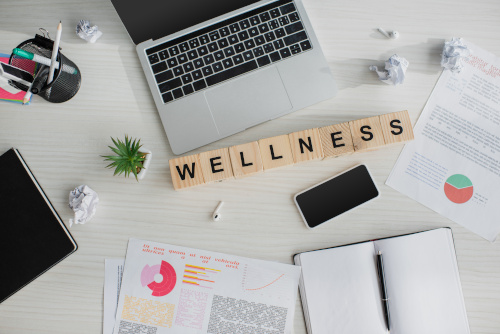Educators, I see you. I know it’s been a rough couple of years.
From teaching through a global pandemic to adjusting in real time to teacher shortages and policy changes, from worrying about school safety to trying to manage more disruptive behavior in your classroom, this past school year alone has presented huge challenges.
As humans, we are neurobiologically wired for connection – it’s in our DNA. And, as educators, you are wired to help support the students (and fellow educators) you serve – it’s why you entered this profession to begin with. However, due to all of the external (and internal) pressures, you and so many other educators are likely feeling burned out, exhausted, and overwhelmed.
If you are feeling that way, it’s nearly impossible to create a culture of connection and belonging in your classroom, which respected researchers – from Brené Brown to John Hattie to Zaretta Hammond – point to as a best practice in helping students grow and learn. So, in order to really show up for your students, please give yourself permission and space to show up for yourself.
Taking Time to Reflect
With back-to-school here, it’s time to reflect on the last couple of months. Here are three questions to get started:
- Did you take any time off this summer?
- Did you go on vacation?
- Did you give yourself a real break from work?
If you answered ‘no’ to any of these questions then stop right now, take a deep breath, and say out loud to yourself: I matter.
You deserve a break (even if it is a few minutes) to recharge, reset, and rejuvenate. This is not indulgent but rather it is essential to your well-being.
Even with a demanding schedule, remember there are ways to easily incorporate self-care into your daily routine and to focus on yourself (even if it is just for a few minutes!)
Prioritizing Self-Care
Without proper self-care, it is hard to be the strongest educator and leader possible. Here are five ways you can take care of yourself right now:
Take a deep breath. Take the kind of deep breath where you stop and pause. Inhale for five seconds, hold it for five seconds, and exhale for five seconds (Stop reading this article right now and try it. And now try it again!).
Smile in the mirror for 10 seconds. Yes, it sounds weird and uncomfortable, however, if you can smile, your neurobiology will start to produce a bit of serotonin. And, if you combine breathing and smiling, the breathing will start to relax your body and the smile will help to remind you that you are human. It’s free and it will help you feel better.
Move your body. This does not have to be a 30-minute Beachbody class – just get up, walk around your office, or go for a walk outside. Moving your body with intention is good for you!
Schedule time for you. It may seem too easy (and it is), but if you are not intentional with your time it will be taken. So, whatever it is that helps you feel better – a walk, a workout, time with friends, meditation, yoga, or just 15 minutes of silence – make it happen. Scheduling it, setting an alarm, or using your favorite app will help you actually take the time you need. For example, you could use the timer on your Smartphone as you practice breathing exercises, use the various health features on your Apple Watch or Fitbit, or try out an app like Meditation Studio by Muse.
Give yourself grace. Things are hard and they are hard for everyone. It’s OK to feel however you feel, but it is important to remember you are doing the best you can do.
Despite ongoing challenges, if you can keep remembering that you matter and deserve rest and care, you will be better equipped to tackle what’s in front of you this school year and beyond.
Looking for more? Danielle’s next article in this series will focus on connecting deeper with your students and fellow educators.
- The evolving requirements of a K-12 school network - April 24, 2024
- A bungled FAFSA rollout threatens students’ college ambitions - April 24, 2024
- How digital tools and AI can enhance social studies - April 23, 2024

